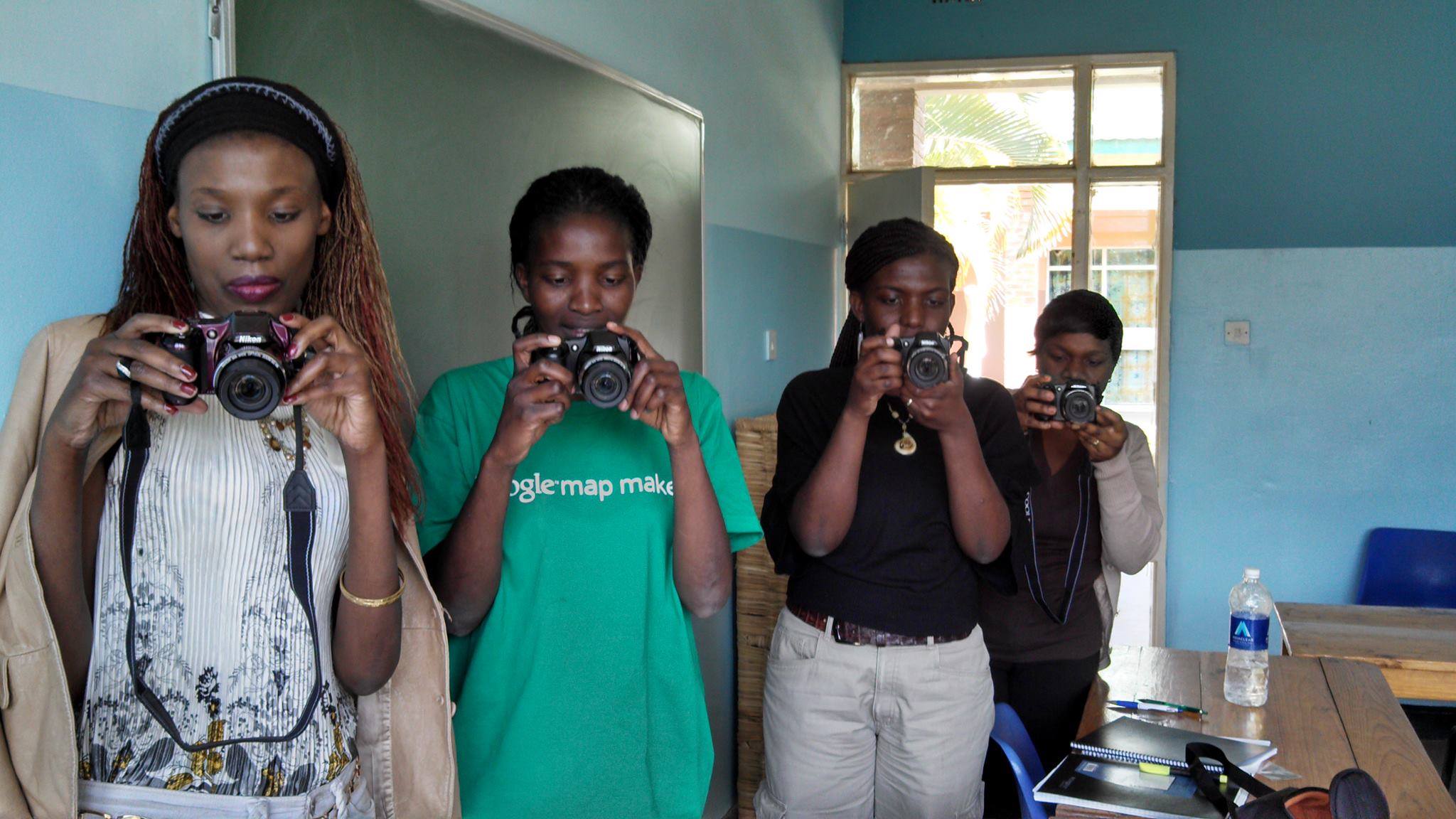Tag: Nonprofit journalism
Reporting series illuminates roles of Virginians who make democracy work
A series of profiles from the Virginia Center for Investigative Journalism and WHRO takes inspiration from community journalism.Foundation’s gift will boost global network of female journalists
The Global Press Institute received $1.25 million from the MacArthur Foundation, its largest grant in its 10-year history.Temple University axes nonprofit news site AxisPhilly, shifts focus to other ventures
The Center for Public Interest Journalism at Temple University shuttered nonprofit news website AxisPhilly June 13 after two years of reporting that ...St. Louis pubmedia merger moves ahead
St. Louis Public Radio and the St. Louis Beacon, a nonprofit news site, have negotiated a merger agreement that will be taken ...Nonprofit newsrooms struggle with long-term funding, Pew study finds
Finding long-term, sustainable funding remains a top concern of the country’s nonprofit news outlets, according to the results of a new study ...InsideClimate News wins Pulitzer for coverage of 2010 oil spill
The nonprofit InsideClimate News won this year’s National Reporting Pulitzer Prize for its investigative series The Dilbit Disaster: Inside the Biggest Oil Spill ...Columbia Journalism Review profiles Texas Tribune
The Texas Tribune, the nonprofit public policy journalism website that recently received a $1.5 million Knight Foundation grant, is the subject of ...Delays by IRS put chills on news startups
Nonprofit news outfits that have sprung up across the country to fill gaps left by commercial media have hit an unexpected barrier ...Policy delay of nonprofit status spikes Chicago News Cooperative
Rumors started quickly, trying to explain why the Chicago News Cooperative was closing. The Internal Revenue Service had rejected the co-op’s application ...




